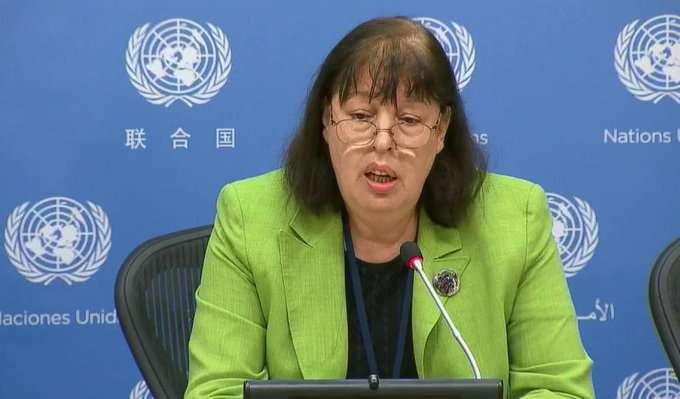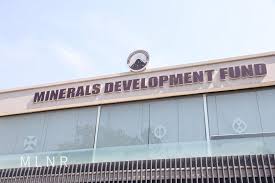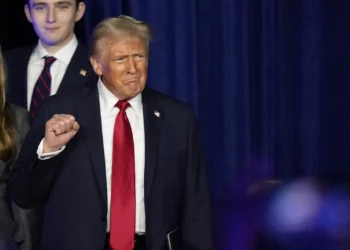Haiti is grappling with a grave humanitarian and security crisis as reported cases of sexual violence against children have soared by 1,000 percent this year, with armed gangs using sexual violence as a weapon to terrorize communities.
According to Virginia Gamba, the UN’s Special Representative for Children and Armed Conflict, the sharp rise in brutality and lawlessness has left Haiti’s youngest citizens acutely vulnerable.
“Children are being used by armed gangs in Haiti,” Gamba stated, adding that the UN is observing disturbing trends of children facing “sexual violence, including rape and collective rape, as a weapon of war by gangs.”
The crisis continues amid mounting political instability, which has further compounded Haiti’s humanitarian struggles and contributed to the unraveling of essential services, including education and healthcare, across the country.
Political Turmoil Aggravates Crisis
In the latest political shakeup, members of Haiti’s transitional governing council removed interim Prime Minister Garry Conille in a reported internal dispute and appointed businessman Alix Didier Fils-Aimé as his successor.
Conille, a former UN official who only assumed office in June, was ousted despite hopes that his leadership might help stabilize the country.
UN Secretary-General António Guterres has urged Haiti’s leaders to set aside their differences and focus on progressing the country’s political transition. “Overcoming their differences and putting the country first remains critical to that end,” said UN spokesperson Stéphane Dujarric.
Impact on Children’s Welfare
With the nation’s security eroding, over 300,000 children are currently without access to education as gang violence has forced the closure of schools and hospitals in Port-au-Prince and nearby areas. Many schools have been converted into temporary shelters for families displaced by the violence.
The crisis has also seen a rise in child recruitment into gangs, with children under 18 making up as much as a third to half of gang membership, experts estimate.
Ms. Gamba called on all parties involved in the conflict to “do everything to prevent grave violations against children” and urged armed actors to hand over children in their ranks to civilian child protection authorities.
She emphasized the importance of humanitarian access to affected areas, which is essential for delivering critical aid and services.

Violence Displaces Thousands
In addition to the immediate impact on children, the violence has caused widespread displacement. Recent clashes in the neighborhoods of Solino and Tabarre in Port-au-Prince, as well as the nearby Arcahaie district, have forced thousands to flee their homes.
The UN International Organization for Migration (IOM) reported that over 12,600 people were displaced in Solino and Tabarre alone, with 58 percent of those displaced finding shelter in newly established sites. In Arcahaie, more than 21,000 residents were forced to flee.
The displaced face significant challenges, as Haiti’s overwhelmed shelters and limited resources struggle to accommodate the influx. Gamba highlighted the urgent need for financial support to the UN’s Multinational Security Support (MSS) mission, which aims to bolster Haiti’s security and provide a buffer for humanitarian relief efforts.
The Need for International Assistance
In September, the UN Security Council reauthorized the MSS mission for another year in light of the escalating crisis.
However, limited resources and a shortage of personnel have hampered its operations, making it difficult for the mission to stabilize the country and protect its citizens.
Gamba has called for increased voluntary contributions to the UN-administered trust fund, which supports the MSS and provides crucial aid to Haiti.
Haiti’s humanitarian crisis is severe and worsening. Beyond immediate physical threats, the breakdown in safety and services has left communities without access to healthcare, education, or consistent support, leading to lasting consequences for the nation’s children and the broader population.
As Haiti faces mounting challenges, international support and swift local action are essential to halt the violence, protect vulnerable communities, and restore stability.
READ ALSO: John Dumelo Donates to SHS Students



















